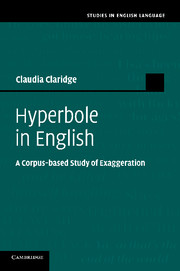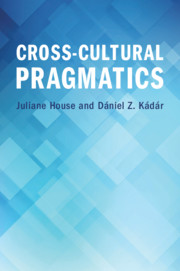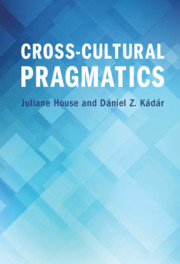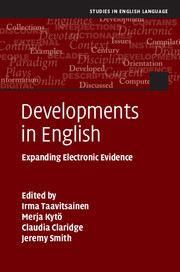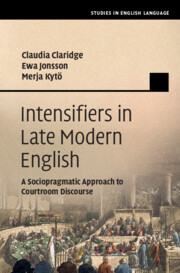Hyperbole in English
Non-literal language is ubiquitous in everyday life, and while hyperbole is a major part of this, it has so far remained relatively unexplored. This volume provides the first investigation of hyperbole in English, drawing on data from genres such as spoken conversation, TV, newspapers, and literary works from Chaucer to Monty Python. Combining quantitative and qualitative analyses, it uses approaches from semantics, pragmatics, discourse analysis and classical rhetoric, to investigate in detail both speaker-centered and emotive aspects of hyperbole, and also addressee-related aspects, such as interpretation and interactional uptake. Illustrated with a range of diachronic case studies, hyperbole is also shown to be a main means of linguistic creativity, and an important contributor to language change. The book concludes with an exploration of the role of hyperbole in political speaking, humour, and literature. Original and in-depth, it will be invaluable to all those working on meaning, discourse, and historical linguistics.
- The first comprehensive treatment of hyperbole in a book-length study, which gives readers a good overview of important aspects of the topic
- All claims about hyperbole are backed up with extensive authentic examples and, where possible, with frequency information
- Combines synchronic and diachronic perspectives, providing an insight into the long-term and systemic effects of hyperbole
Product details
April 2014Paperback
9781107637504
316 pages
229 × 152 × 17 mm
0.43kg
11 b/w illus. 26 tables
Available
Table of Contents
- 1. Introduction
- 2. The characteristics of hyperbole
- 3. Realisations of hyperbole
- 4. Using hyperbole: the speaker perspective
- 5. Hyperbole in interaction
- 6. Conventionalisation
- 7. The rhetoric of hyperbole
- Conclusion.

